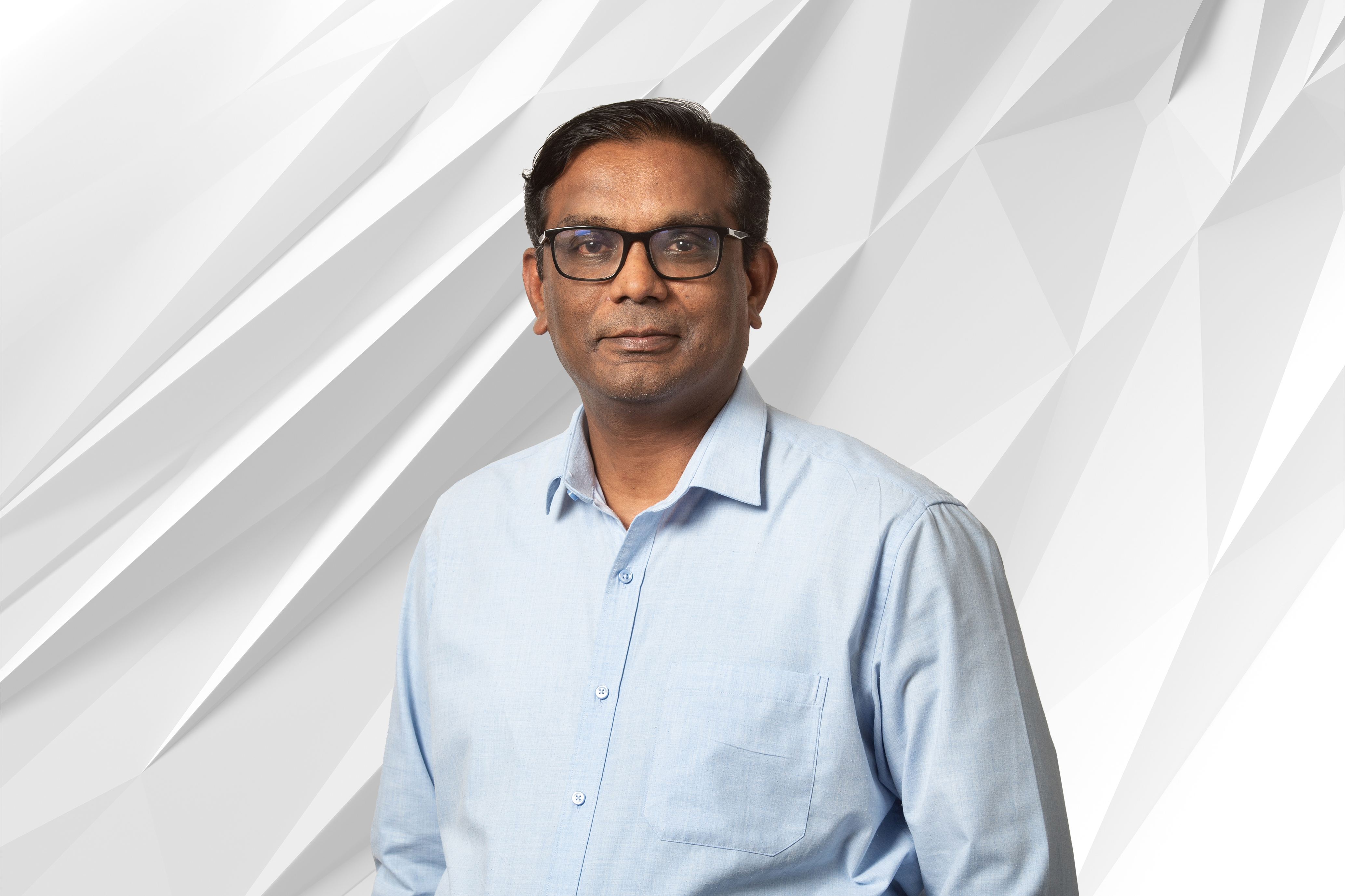ACSOS In Practice
Navigating AI Adoption Challenges for Self-Adaptive Systems
Join us for an engaging panel discussion as we delve into the complex landscape of integrating artificial intelligence into self-adaptive systems. Building upon the successes and insights of previous years, this session will explore the challenges that organizations encounter when implementing AI-driven solutions in practical settings.
Our panelists, comprising industry leaders, will share their diverse perspectives and experiences navigating the intricacies of AI adoption in self-adaptive systems. From technical hurdles to organizational barriers, this discussion will uncover key obstacles and provide strategies for overcoming them effectively.
Topics of exploration will span a spectrum of critical issues, including algorithmic decision-making complexities, the evolving landscape of AI regulation, the imperative for human-machine collaboration, ethical considerations in AI-driven systems, and the far-reaching implications for system reliability and security.
Whether you’re a seasoned professional, an academic researcher, or simply curious about the intersection of AI and self-adaptive systems, this panel promises to inspire thought-provoking dialogue and foster innovative solutions to the challenges at hand.
Panel organization
- Presentation of Topics and Challenges: In this part of the panel discussion, each panelist will have the opportunity to present their unique perspective on the challenges and topics related to the adoption of AI in self-adaptive systems. Each panelist will draw upon their expertise and experiences to shed light on specific challenges, ranging from technical complexities to regulatory hurdles and everything in between.
- Interactive Discussion: Following the presentations, the panelists will convene for an interactive discussion session. This segment will provide a platform for deeper exploration and collaborative problem-solving. Moderated by a facilitator, the discussion will encourage panelists to engage in constructive dialogue, exchange ideas, and offer insights into each other’s presentations.
Tue 17 SepDisplayed time zone: Amsterdam, Berlin, Bern, Rome, Stockholm, Vienna change
14:00 - 15:00 | |||
14:00 60mPanel | Navigating AI Adoption Challenges for Self-Adaptive Systems ACSOS In Practice | ||
Panelists
The ACSOS In Practice panel will consist of the following speakers:
Arjun Chandra

Biography: Dr. Arjun Chandra is the founder and CEO of Brua (https://www.brua.io/), on mission to sculpt a socially responsible role for AI. Founded in 2023 in Oslo, Brua works on AI to strengthen our social fabric, facilitating collective progress with knowledge that can be trusted. Arjun received a PhD in Computer Science in 2011 from the University of Birmingham, UK, bringing algorithmic grounding to co-evolving negotiating agents. He conducted pioneering research on self-aware computing systems (https://link.springer.com/book/10.1007/978-3-319-39675-0), drove practical breakthroughs in deep reinforcement learning that supported the founding of the Norwegian Open AI Lab (https://www.ntnu.edu/ailab/), and lead the large model training stability effort at Graphcore (https://www.graphcore.ai/), in the run up to his singular focus on shaping a human centric role for AI at Brua.
Thanikesavan Sivanthi

Biography: Dr. Thanikesavan Sivanthi is a Senior Principal Scientist at ABB Research Switzerland, where he specializes in system architecture and the engineering of industrial automation systems. His work utilizes AI to develop safe, secure, and robust automation solutions. He earned his PhD from the Hamburg University of Technology (TUHH) in Germany, focusing on the design of distributed real-time embedded systems. Following his doctoral studies, he served as a Postdoctoral Researcher at the Institute of Communication Networks at TUHH. Since joining ABB Research Switzerland, he has contributed to numerous technology developments in industrial and power automation and has played a key role in shaping the research strategy for future industrial automation systems.